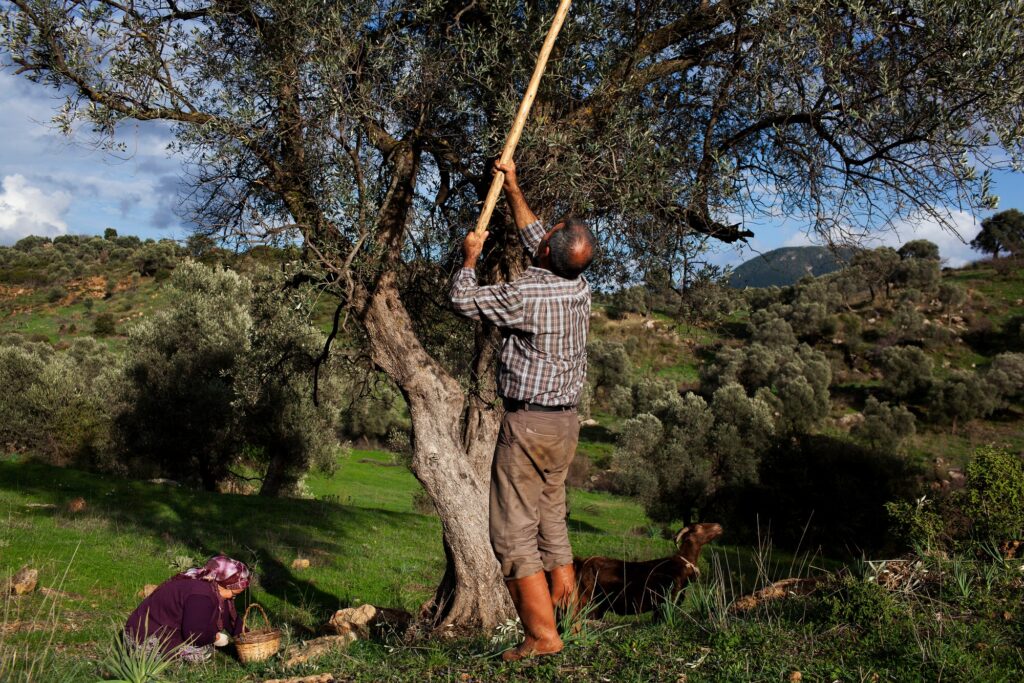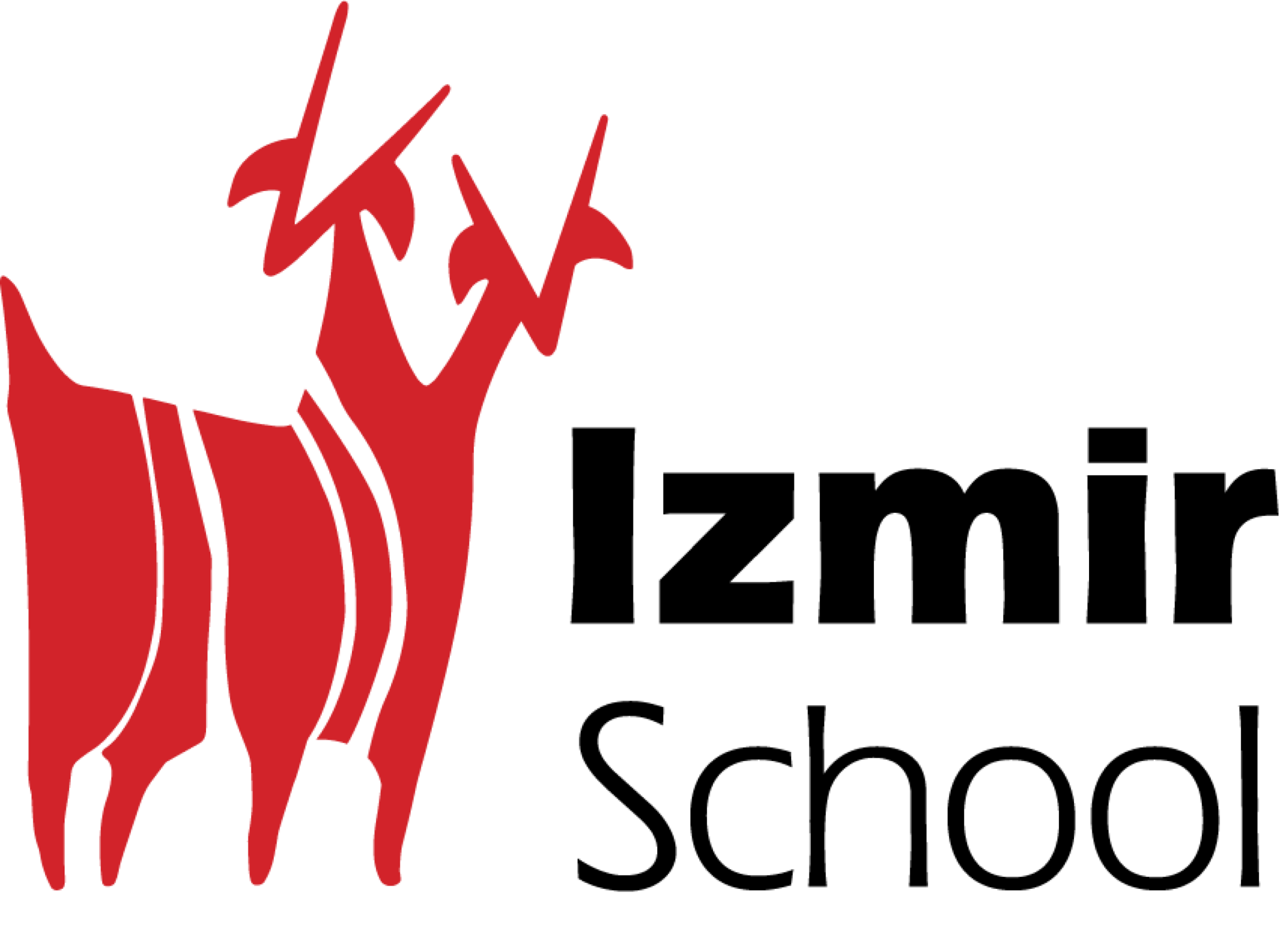
Imagine a world where agriculture is taking place without sowing the soil, without irrigation and even without planting trees. It’s hard to believe, but it’s possible, and it has been so for the last 4,000 years at least.
The indigenous olive pastures of Western Anatolia, Türkiye, have nurtured generations of people and the web of life for many centuries. Olives in these areas are not planted, but are grown by grafting wild olive trees, which find their home in this unique part of the world. This ancient anthropogenic ecosystem is extremely diverse, hosting numerous endemic Mediterranean birds and plants, chameleons, large carnivores such as the Golden Jackal and Caracal.
Here, people aren’t really the owners of their land. Instead, they act as one of hundreds of species having their home in olive pastures. Hence, harvesting the olives is not recognised as labour here. It is a feast, where children, women, men and grandparents meet every autumn to celebrate their life, collect the olives by hand and transfer their knowledge from one generation to the next. The result is one of the healthiest olive oils on earth – not only for those consuming it, but also for the wider ecosystem.
Olive pastures are just one of several indigenous production landscapes in Turkey. Turkey continues to pursue agricultural practices that date from the Neolithic era (10,000 to 8,000 BC), stretching between high mountains and the sea, and resulting in various forms of living landscapes. Over generations, indigenous communities have devised countless innovations to cultivate their surrounding environment for their livelihoods.
This interaction with the earth not only supplied food and other fundamentals of pastoral living, but also nurtured traditions and culture whilst sustaining the wider ecosystem.
Indigenous production landscapes are not only an important cultural and natural heritage – they also provide answers to many of the questions plaguing the modern era. How best should scarce water resources be used under the pressure of climate change? How can soil fertility be improved in natural ways, while using the land as a source of food? What is the optimum social structure and economic model for maintaining fair production around the world?
Remnants of these landscapes in Turkey and around the world shelter simple answers to these complex questions, proven to function over thousands of years in a sustainable way.
Despite their universal value, indigenous production landscapes are seldom regarded as key ecosystems for birds and biodiversity. These areas also do not typically overlap with the subjects of archaeological sciences. The majority of such landscapes around the world are a result of unique horizontal social structures, which dramatically differ from our modern society.
As a result of the fast socio-economic development over the last century, indigenous production landscapes shifted to uniform monocultures at an accelerated rate and are now severely threatened. Nevertheless, great varieties of such landscapes in Turkey continue to persist. Doğa Derneği (BirdLife in Türkiye) Doğa Derneği BirdLife International has identified the indigenous olive pastures of the Aegean as a conservation priority owing to their value for birds and biodiversity, and due to the high level of threat facing this unique anthropogenic ecosystem. Here, grazing and olive oil production is sustained simultaneously. This landscape is extremely diverse, hosting numerous Mediterranean endemic and threatened species associated with a great variety of products.
Only 50 years ago, indigenous olive pastures covered much of Aegean Türkiye. Yet today, more than 80% of them have been converted to commercial olive orchards. Doğa and Slow Food Mahal, a local organisation that explores the link between indigenous culture and nature, are working with local communities to sustain the last examples of these landscapes. One of the main challenges is to distinguish this ancient olive oil from commercially produced oils and to develop a fair market for them. Fortunately, two international groups, Slow Food International in Italy and Lush in the United Kingdom, have already started to cooperate with Doğa to reverse the trend. Since 2020, Izmir Metropolitan Municipality İzmir Büyükşehir Belediyesi and Izmir Development Agency İzmir Kalkınma Ajansı have also identified “indigenous production landscapes” as one of their priorities. There is also growing domestic interest in this extraordinary olive oil.
A world where agriculture takes place without sowing, irrigation or tree cultivation… It’s been shown to work for the last 4,000 years.
The question now in a rapidly changing world is: Are we able to sustain the sustainable?
Now, more than ever, we need to learn from the wisdom of our ancestors.
Güven Eken
